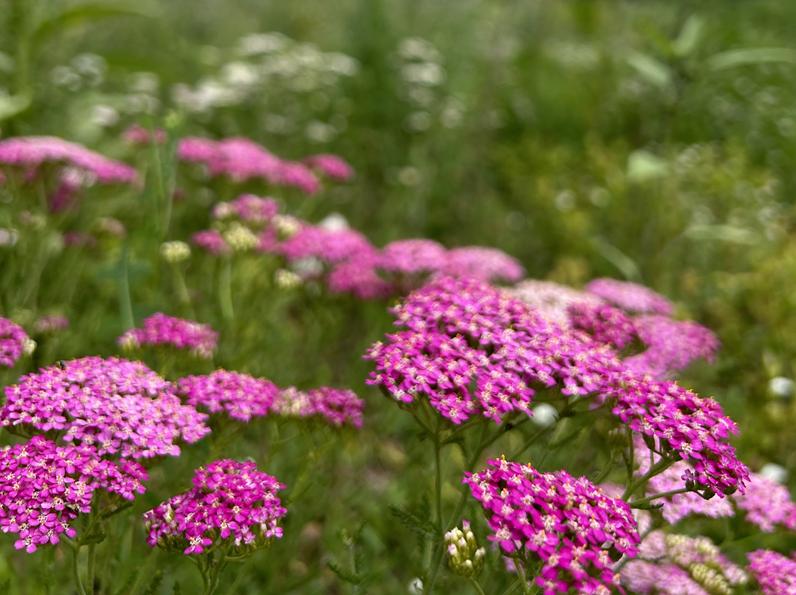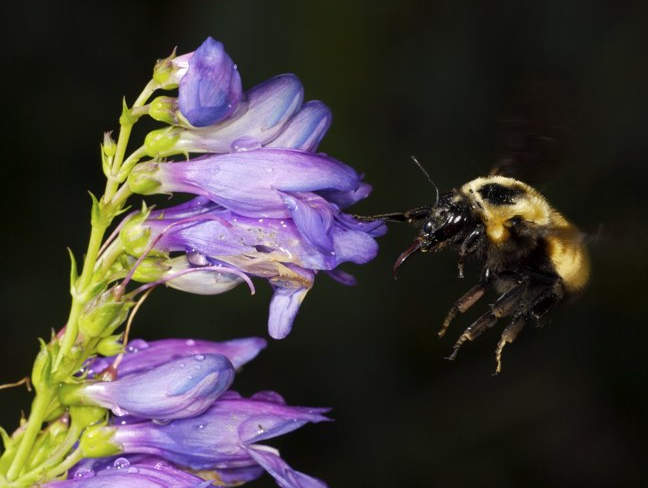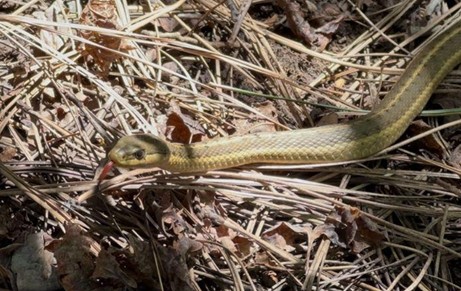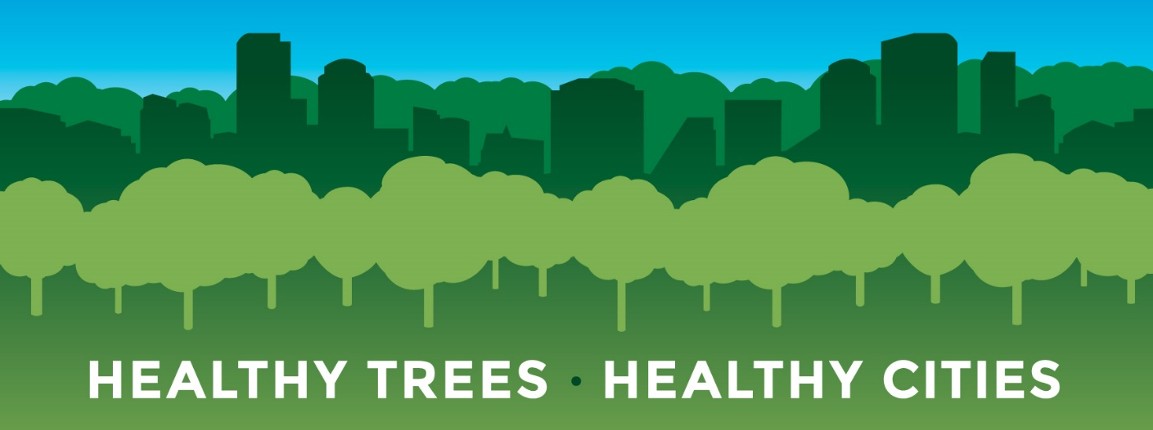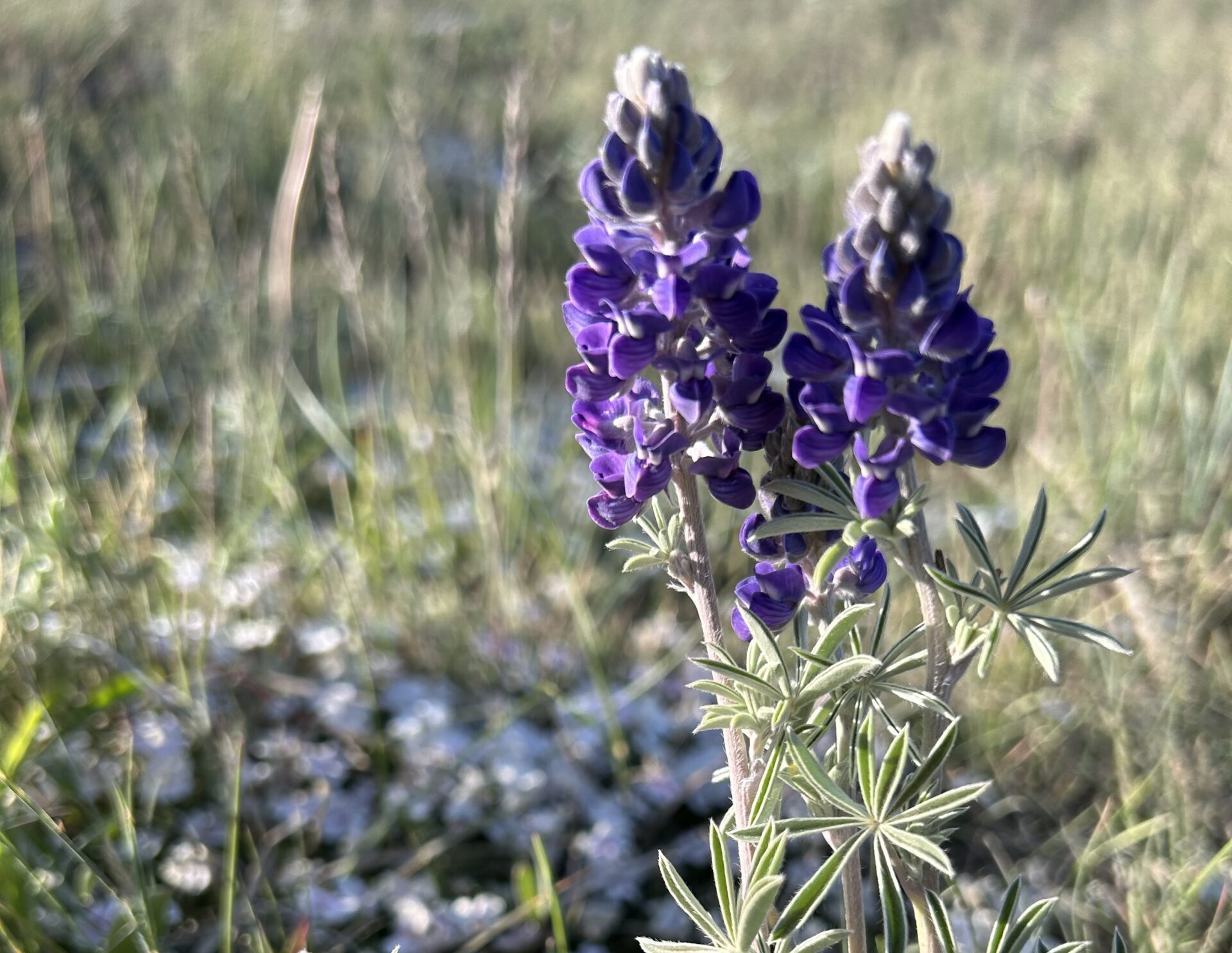This article originally appeared in the Arizona Daily Sun on May 23rd.
The late ecologist Edward Wilson’s biophilia hypothesis claims that humans have a biologically based inherent need to connect with nature. This concept suggests that human identity and personal fulfillment is dependent on interacting with and developing lasting relationships with the natural world.
The human need for nature is linked not just to the material use of the environment but also to the influence of the natural world on the emotional, cognitive, aesthetic, and even spiritual development of people. In the United States and across the globe, however, human communities are facing rapid alterations in technology and patterns of living. More and more adults and children are carrying out their lives in highly technical and industrialized cities where there is often a drastic reduction or complete elimination of natural areas and wildlife, leaving people with little-to-no frequent interaction with wild places, plants, and animals.
Yet, the biophilia hypothesis suggests that when human beings remove themselves from the natural environment, the biophilic learning rules are not replaced by modern versions. Instead, they persist from generation to generation, atrophied in the artificial new environment of concrete and technology. In light of Wilson’s arguments, the question arises: if biophilia is atrophied, is there a process by which people, particularly children, can experience intimate contact with nature and come to know its benefits and thus, fill the need for biophilia?
Here in Flagstaff, The Arboretum strives to address this situation by offering quality and affordable experiential education programs at our 200-acre outdoor classroom consisting of gardens, greenhouses, wetlands, and forestland trails. In this way, we are offering our longstanding EcoExplorers Summer Camps for children ages 5-11 starting again this June. Campers will be immersed in the beauty of the Colorado Plateau while being encouraged to discover the natural world through place-based and hands-on learning opportunities that align with Arizona science standards. They will also have the opportunity to meet other adventurous kids like them!
Our summer camp programming is focused on a different scientific and ecological theme for each camp session. Camp themes, dates and topics for 2024 include:
Creature Camp (6/10-6/14)
Children will learn about the creatures that call our ecosystem home by exploring our grounds of gardens, forests, riparian areas, and meadows to see where and how these creatures live. Campers will have a chance to meet live animals up close and personal and learn how they can be protectors of their special habitats.
Pollinator Power (6/17-6/21)
This week campers use our beautiful outdoor classroom and natural spaces for an immersive experience learning about native plants and pollinators. Campers will create art and play games to learn about the many pollinators in our ecosystem. They will get insights into their habitats and what can be done to protect them.
Weird Science (6/24-6/28)
This week our campers will explore the world around them via fun and wacky science experiments. By investigating and asking questions they’ll gain important thinking skills. And by getting messy with hands-on activities, they’ll learn how fun science can be!
Wilderness Explores (07/08-7/12; 7/15-7/19)
Back by popular demand! Campers will explore various wilderness exploring techniques by getting hands-on experience learning how to build shelters, tie knots, and use a map and compass to guide their way. They will also learn what to do if they get lost in the wilderness from Coconino County Search and Rescue! Campers ages 8-11 will have the opportunity to camp out at the Arboretum and learn how people have used stars to navigate for ages.
All the camps described above will be held Monday – Friday from 9 a.m. to 3 p.m. Registration is now open by going to https://thearb.org/summer-camps. Campers must be prepared to be outdoors most of the day (weather permitting), which supports and encourages their need for biophilia. I hope you consider registering your child today.
Nate O’Meara is the Executive Director of The Arboretum at Flagstaff.


